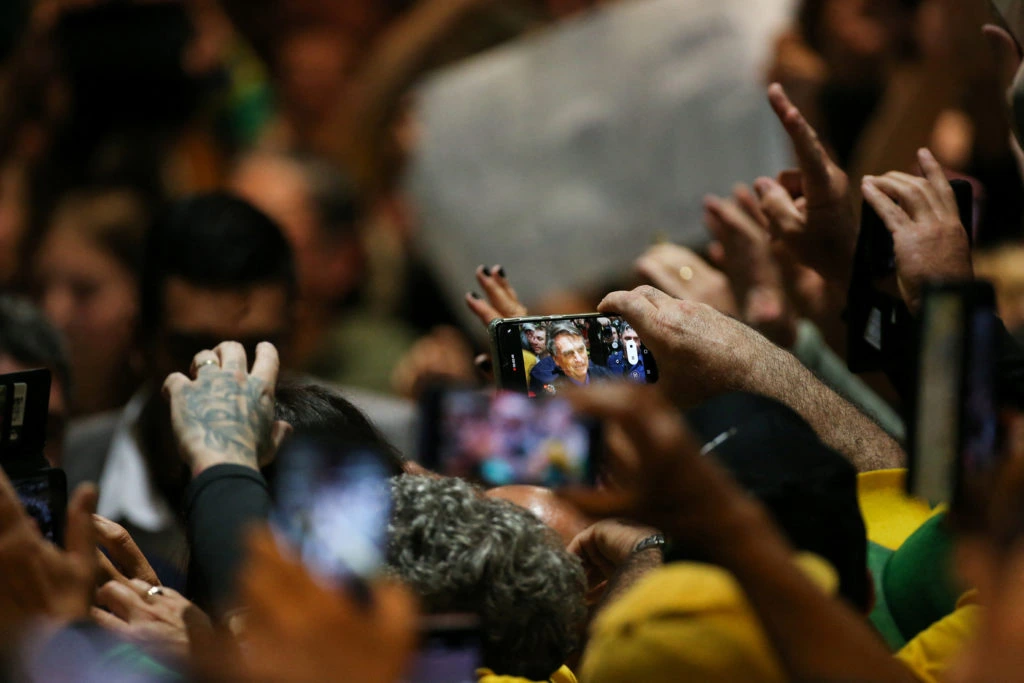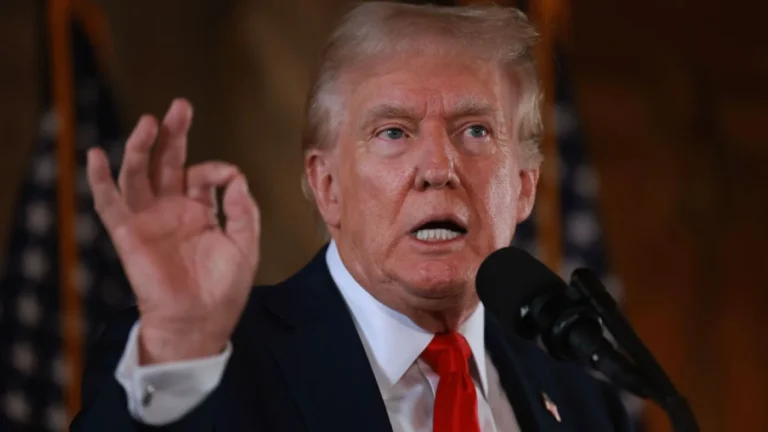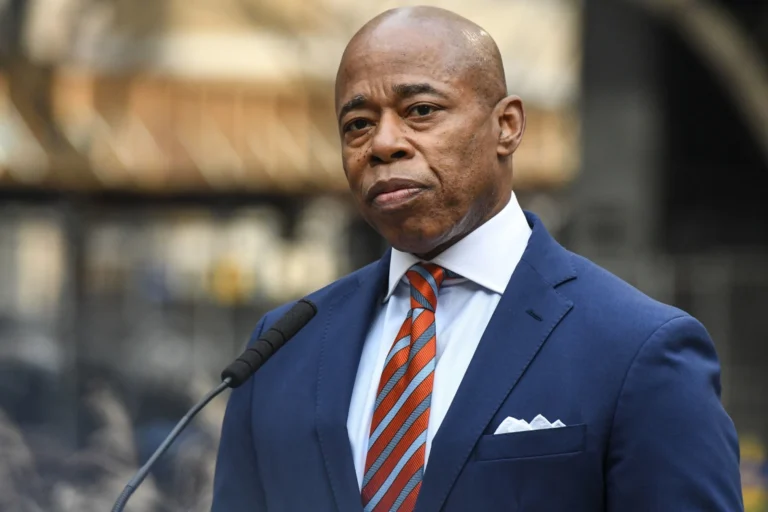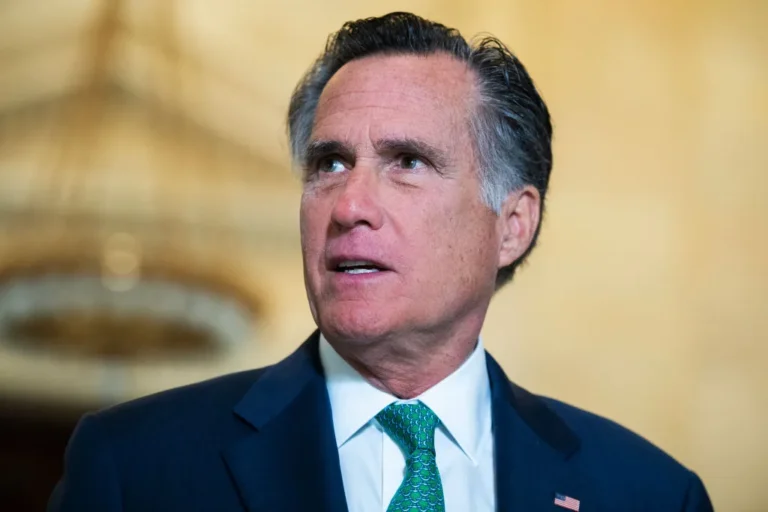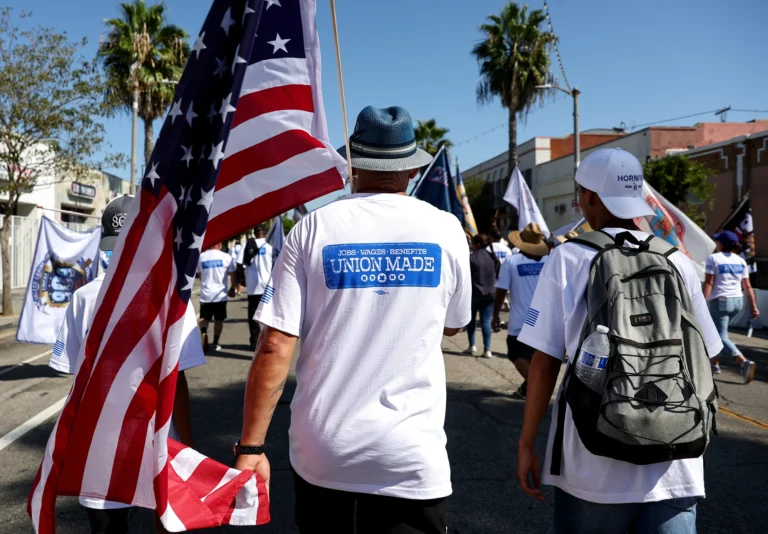In a decisive political outcome, São Paulo Mayor Ricardo Nunes secured re-election on Sunday, defeating leftist candidate Guilherme Boulos in a high-stakes runoff that signals a significant shift to the right in Brazil’s largest city and throughout much of the country. The win for Nunes, who garnered 59.5% of the vote compared to Boulos’ 40.5%, reflects a rightward trend across Brazil, potentially setting the stage for the 2026 presidential and congressional elections.
Sunday’s municipal runoffs took place in 51 Brazilian cities, including 15 state capitals, with voters selecting mayors. Center-right and conservative candidates dominated these elections, winning 14 mayoral races in key urban areas. Despite the broader right-wing success, former President Jair Bolsonaro’s Liberal Party (PL) fell short of initial expectations. President Luiz Inácio Lula da Silva’s Workers’ Party (PT), meanwhile, won only one capital city race in Fortaleza, in northeastern Brazil, a traditional PT stronghold.
Governor Tarcísio de Freitas, a prominent Bolsonaro ally, endorsed Nunes, underscoring his influence in São Paulo politics and positioning himself as a strong candidate to carry the right-wing mantle into future national elections. While Bolsonaro himself has been barred from seeking public office until 2030 following his persistent, baseless claims questioning Brazil’s electronic voting system, his conservative ideology remains influential. In fact, Bolsonaro’s absence from the political arena appears to have fragmented his base, with divisions forming among right-wing factions. In the São Paulo race, for instance, conservative supporters were divided between backing Nunes and Pablo Marçal, a far-right social media influencer vying to become Bolsonaro’s political successor.
The results in São Paulo and other cities have significant implications for Lula’s administration and the upcoming political cycle. Boulos’ defeat serves as a setback for Lula’s PT, particularly given his party’s limited successes across the country. The PT’s underwhelming performance may be attributed, in part, to Lula’s reluctance to publicly support candidates in highly competitive races. His recent head injury prevented him from campaigning in the days leading up to the runoff, further underscoring the distance he kept from the party’s local campaigns. This lack of engagement was especially pronounced in São Paulo, a critical political battleground where his absence may have been detrimental to PT’s chances.
For Lula, who leads a minority government, these elections represent a growing challenge as he navigates a political landscape that is increasingly dominated by conservative and center-right forces. His administration has struggled to pass legislation in Congress, often finding itself reliant on deals with opposition parties to advance key policies. This dependence on a conservative-leaning Congress has limited Lula’s political maneuverability, complicating his ability to respond effectively to a changing electorate.
The electoral outcomes highlight the shifting dynamics of Brazil’s right-wing movement and the emerging contest for its future leadership. Analysts from Verisk Maplecroft, a global risk intelligence firm, interpret these results as part of a “post-Bolsonaro age” where conservative candidates vie for influence. “The new conservative wave underlines the dawn of a post-Bolsonaro age, and its leadership is up for grabs,” Verisk Maplecroft noted. This transition phase may signal the rise of a more diversified right-wing platform in Brazil, as different factions attempt to assert themselves as the dominant conservative force.
In addition to São Paulo, notable electoral shifts were observed in other states. In Goiás, for example, PL lost the mayoral race in the capital city of Goiânia to a candidate from União Brasil, a center-right party supported by state Governor Ronaldo Caiado. Caiado’s endorsement proved decisive, illustrating the influence that governors and regional political figures hold in local elections. This shift in Goiás is particularly noteworthy, as the agricultural state has been a stronghold for conservative politics, further solidifying the right’s reach beyond urban centers.
The Workers’ Party’s dismal performance across various regions may also reflect waning public support for Lula, whose approval ratings have dipped recently. Lula’s decision to distance himself from some of PT’s candidates in close races suggests a tactical retreat, possibly aimed at avoiding further association with unsuccessful campaigns. This strategic choice, however, may have contributed to the left’s inability to mobilize a robust voter base, even in regions like northeastern Brazil, where Lula’s influence has traditionally been strong.
Brazil’s municipal runoff results indicate that the right-leaning political shift has become a nationwide phenomenon, permeating both urban and rural areas. This momentum may well influence Brazil’s political agenda leading up to 2026, with a growing conservative base pushing for policies that align with its priorities. As Brazil prepares for the next presidential election cycle, the enduring presence of Bolsonaro’s ideology—despite his personal absence from politics—demonstrates the appeal of populist, conservative rhetoric among many Brazilians.
In the short term, the PT and other left-wing parties face an uphill battle in regaining voter trust and adapting their strategies to align more closely with current public sentiment. The results from São Paulo and other cities may prompt Lula and his party to reassess their approach, particularly as they prepare to counter an increasingly organized and empowered conservative bloc.
The outcome of these municipal elections thus marks a pivotal moment in Brazilian politics, reflecting a clear conservative surge that challenges traditional leftist strongholds. As the 2026 elections loom on the horizon, the right-wing’s successes in these mayoral races could foreshadow a more sweeping realignment in Brazil’s political landscape.
